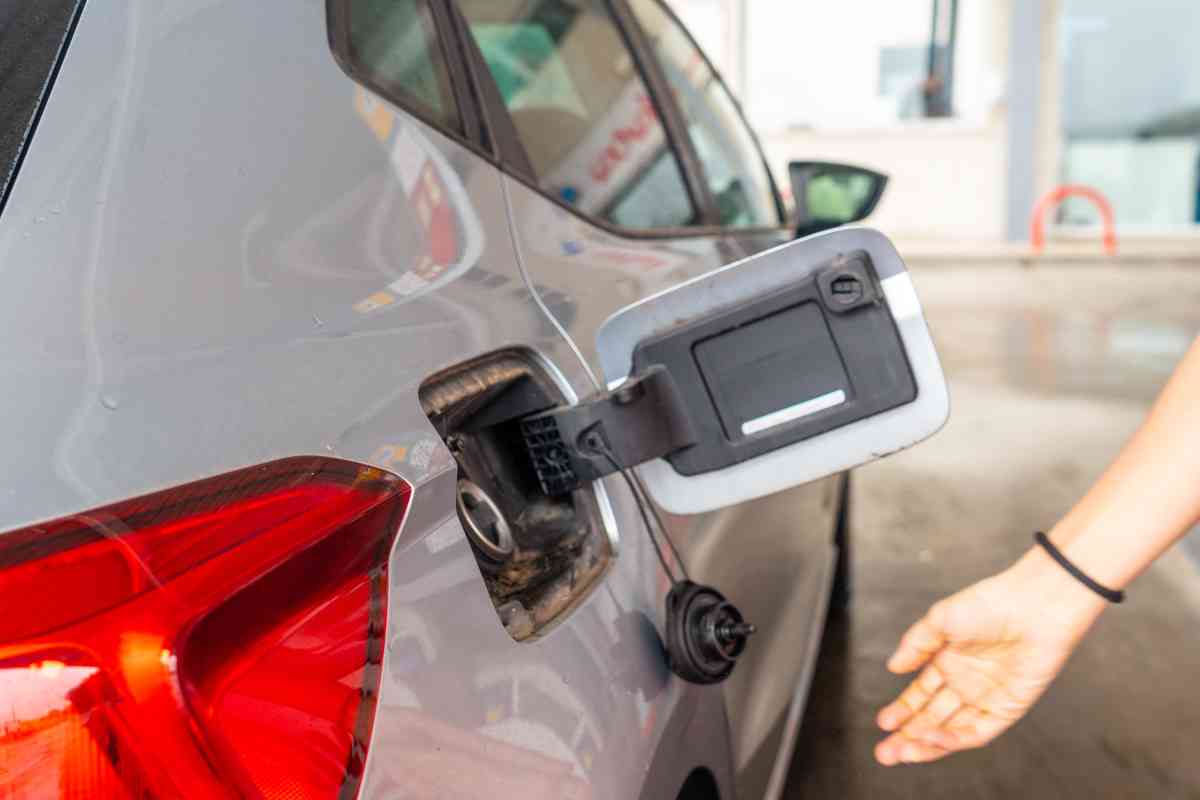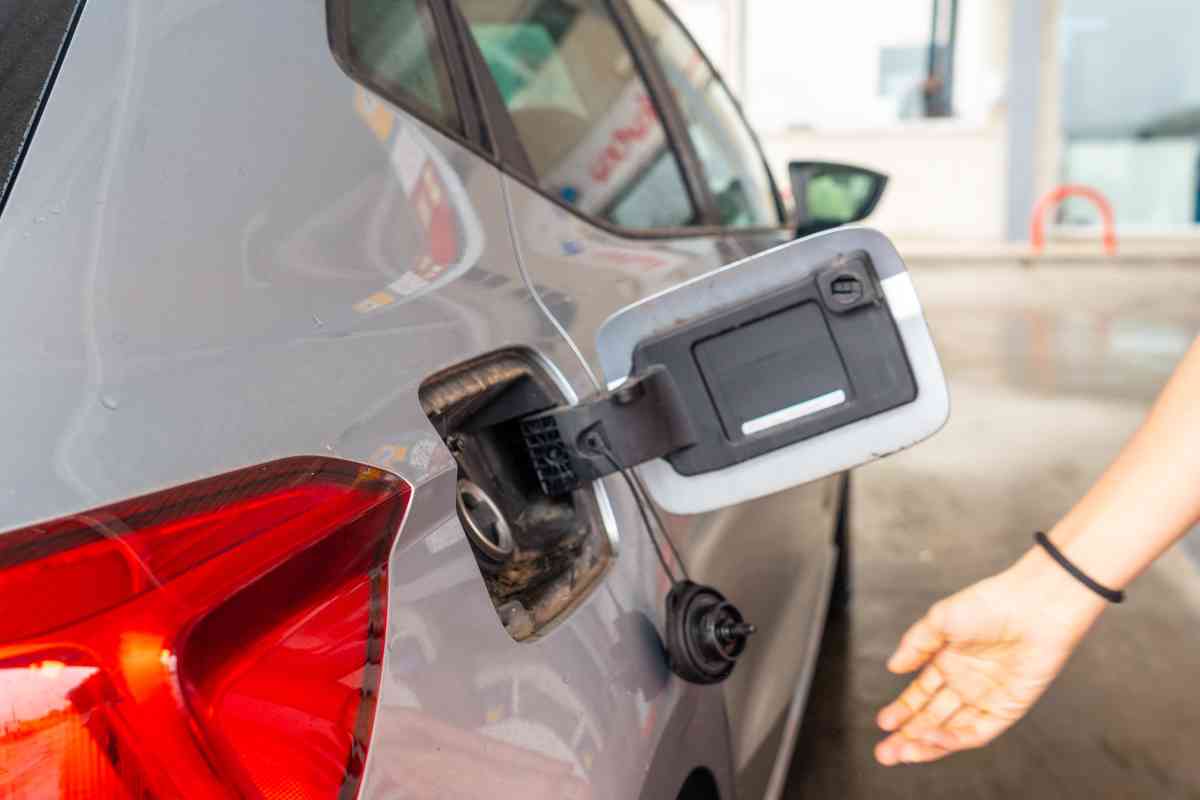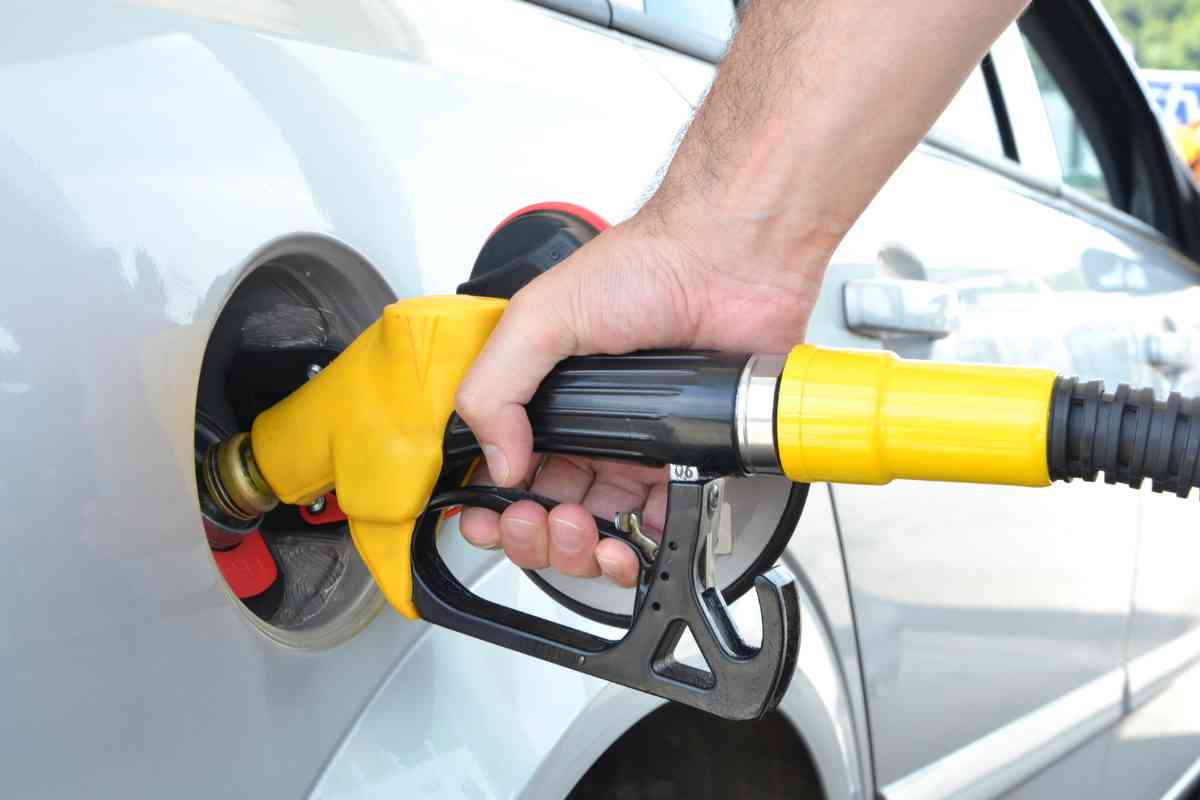Does Fuel Injector Cleaner Lower Octane? Or Raise It? Answered!
You might have heard that fuel injector cleaner lowers the octane of your fuel. Does fuel injector cleaner lower octane or not? In this article, we will discuss ow fuel injector cleaner impacts the octane on your vehicle.
Does fuel injector cleaner lower your car’s octane?
No, it won’t lower the octane of your fuel, and it even increases it slightly. The octane boost isn’t much – you won’t really notice it – but it at least won’t lower the octane. To boost the octane significantly, buy premium gas and use octane boosters.
I use a cleaner for my fuel injectors to remove buildup from my fuel lines. The solvents in high-quality fuel injector cleaners work well to remove the buildup.

Does Fuel Injector Cleaner Lower Octane?
Fuel injector cleaner raises octane, not lowers it. Fuel injector cleaner is a good product that works as intended.
It cleans your fuel injector and to a much lesser extent increases the octane of your fuel.
A fuel injector cleaner doesn’t work well as an octane booster. Using higher octane gas works, but using fuel injector cleaner doesn’t make much of a difference.
A fuel injector cleaner works well to clean your fuel injector and fuel lines.
Are Fuel Injector Cleaners Effective?
Yes, they are effective if you are careful what you buy and don’t end up with a useless product. Some people try ineffective fuel injector cleaners and then claim the products aren’t necessary or don’t work.
In reality, they work as intended. A high-quality fuel injector cleaner removes buildup from your fuel lines.
How Do Fuel Injector Cleaners Work?

Fuel injector cleaners contain solvents that break down compounds that clog your fuel lines.
You don’t need to open the hood of your car to use them. Instead, put them in your fuel tank and the mix will clean your lines.
The solvents do not build up in your engine and damage it. The solvents are flammable, so they burn in your engine and go out of the exhaust pipe.
Different Chemicals in Fuel Injector Cleaners
There are a few different chemicals commonly used in fuel injector cleaners, each of them with a slightly different purpose.
Polyisobutylene (PIB)
Polyisobutylene is commonly used to clean both gas and diesel engines. If your engine knocks or misfires, it may be due to a clogged fuel injector.
While not the strongest of the three compounds, polyisobutylene is strong enough to clean your fuel lines.
Polyisobutylene Amine
Polyisobutylene amine can remove moisture as well as deposits. Moisture can lead to combustion problems.
Make sure you use a product with polyisobutylene amine if you have any problems with moisture.
Polyether Amine (PEA)
Polyether Amine is the best chemical for removing solid deposits. It is the strongest of the three compounds.
You should not use a lot of it regularly to keep your fuel injector clean. Instead, only use it if you have a problem with clogged fuel lines.
Why Do You Need to Clean Your Fuel Injector?
Deposits in your fuel lines and fuel injector reduce engine performance. Solid deposits are particularly bad. They make your engine stutter and perform poorly.
Is Fuel Injector Cleaner Proven to Work?
Surprisingly, scientists have hardly studied the question. There isn’t any good evidence either proving or disproving the effectiveness of fuel injector cleaners.
This is part of why some people doubt them – they are not yet proven to work.
However, fuel injector cleaners work in my experience. People that use fuel injector cleaners keep buying the products.
If researchers studied the question, I’m sure they would find that fuel injector cleaners are effective. There’s no reason why the powerful solvents used would fail to clean fuel lines.
Do Some Fuels Include Fuel Injector Cleaner?

Yes, some Chevron fuel contains a small amount of polyisobutylene amine. Since the concentration is low, you will need to use several full tanks of gas to clean your engine.
Presumably, Chevron must know how effective polyisobutylene amine is, but they don’t release this information. Possibly, the information doesn’t give a clear answer. It might work very well sometimes and not well at all other times.
Injector cleaners might have more trouble with long-term deposits than less serious short-term ones. If you start using fuel injector cleaner before your car has a problem, the cleaner will be more effective.
Does Premium Gas Clean Your Fuel Injector?
Probably not. Some say it does, but it’s more likely that higher-octane fuel has no more power to remove deposits than regular fuel.
Does Premium Gas Clean Your Engine?
No, it is a myth that premium gasoline works as an engine cleaner. If you usually use regular gas but fill up with premium gas one time, that won’t make your engine any cleaner.
If your engine isn’t clean, that usually means that the engine has carbon deposits. You can’t get rid of carbon deposits by using premium gas.
Even if you always use premium gas, carbon will still build up.
An exception to this is if the premium gas contains any additives that help clean your engine. High-octane gas won’t work, but some premium gas contains more fuel-cleaning additives than usual.
Use the Right Fuel Quality for Your Vehicle
If your owner’s manual says that you only need regular gas, using regular gas won’t hurt your engine. However, using lower octane gas than your vehicle needs can cause problems. It’s true that some cars need premium.
Key Takeaways
- No, fuel injector cleaner will not lower the octane of your fuel. It will actually increase the octane of your fuel a little, though not enough to make a big difference.
- Some people doubt the effectiveness of fuel injector cleaners. However, those that use fuel injector cleaner find it effective. It makes your engine perform better.
- There is neither any good research saying that fuel injector cleaner works nor any saying that it doesn’t work. Fuel injector cleaner works well in my experience. Research would probably prove that it works well.
